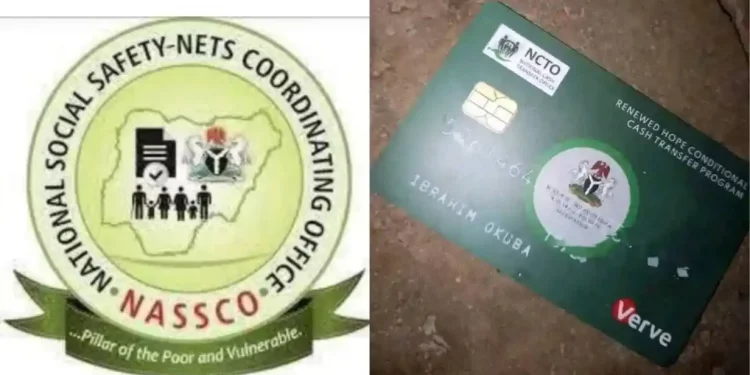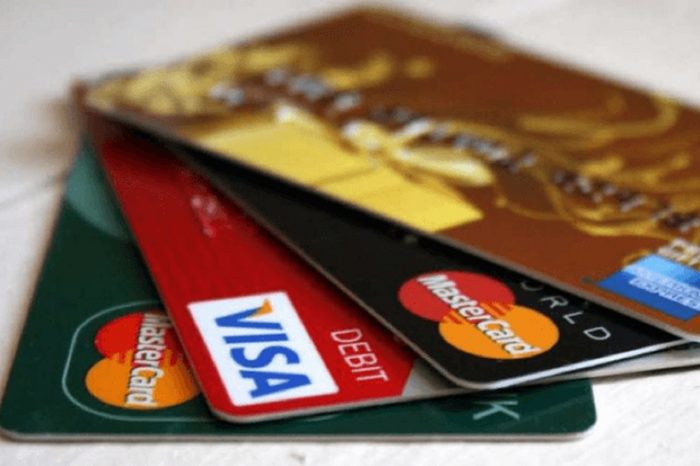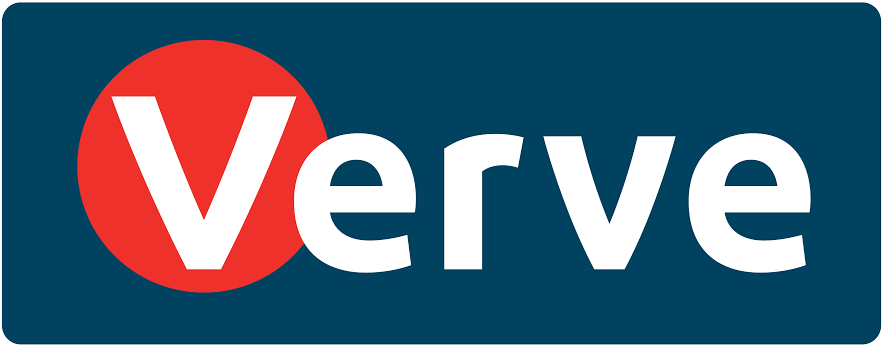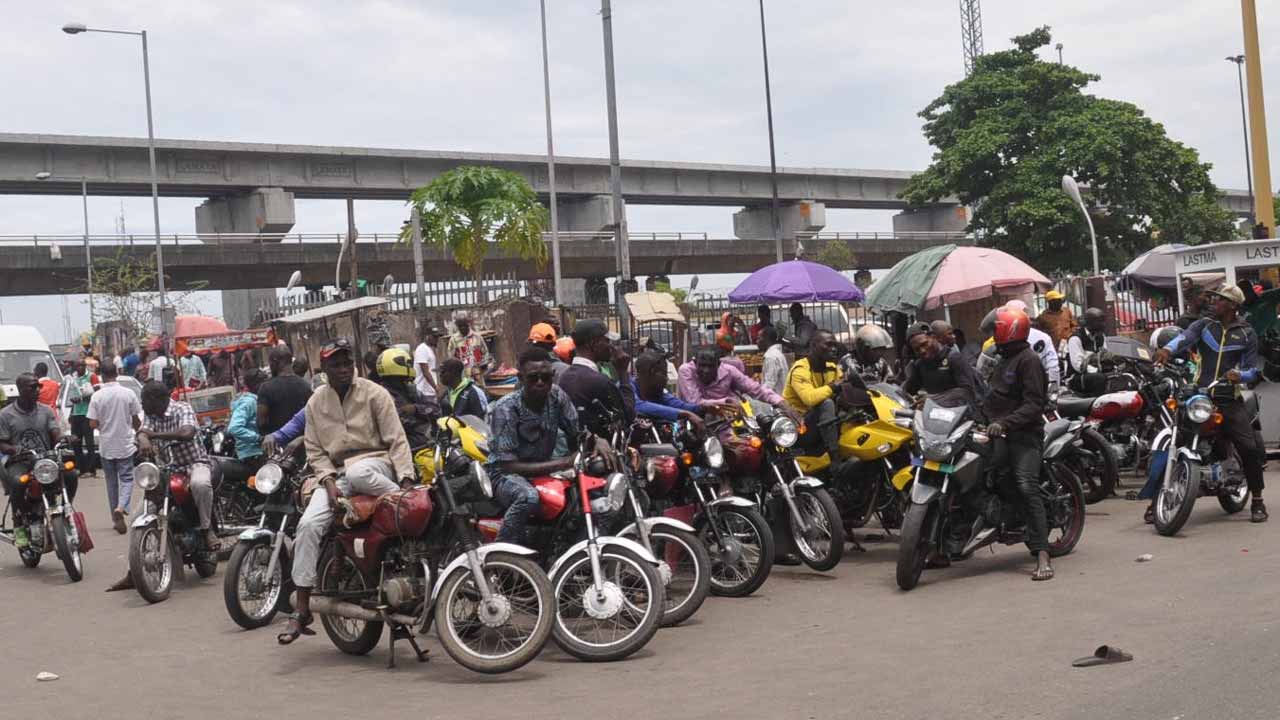The Federal Government of Nigeria has commenced the distribution of Automated Teller Machine (ATM) cards to beneficiaries of its flagship social welfare schemes, with each eligible household set to receive a one-time ₦75,000 cash transfer.
The initiative, coordinated by the National Social Safety-Net Coordinating Office (NASSCO) in partnership with the National Cash Transfer Office (NCTO), covers beneficiaries under the Rapid Response Register (RRR) and the Conditional Cash Transfer (CCT) scheme. It is tagged the Renewed Hope Conditional Cash Transfer Initiative under the administration of President Bola Tinubu.
According to NCTO officials, every verified beneficiary will receive a direct ₦75,000 cash transfer after collecting and activating their ATM card. To complete the activation, beneficiaries must provide their registered phone number, National Identification Number (NIN), and Bank Verification Number (BVN) at designated collection centres nationwide.
Distribution began in Gombe State on Friday, August 29, 2025, at Jekadafari Darazawa Quarters, with large numbers of beneficiaries turning out to collect their cards. Similar exercises are currently underway across multiple states, with NCTO officials encouraging recipients who received notification messages to proceed to their collection centres without delay.
Officials emphasized that the ATM cards will not only facilitate secure fund disbursement but also serve as a monitoring tool to ensure transparency and accountability in future transfers.
The ₦75,000 cash transfer is part of a wider set of relief measures rolled out by the Federal Government to cushion the effects of inflation and rising fuel prices. Other initiatives include:
- ₦50,000 Presidential Grant Scheme for nano-businesses.
- Compressed Natural Gas (CNG) buses to reduce transport costs.
- Youth Enterprise Support loans for small businesses and startups.
- Food distribution palliatives through the Federal Ministry of Humanitarian Affairs.
These interventions are designed to reduce economic hardship while supporting vulnerable Nigerians and small business owners.
While the initiative has been welcomed as a lifeline for millions struggling with food inflation and transportation costs, civil society groups have raised concerns about sustainability, transparency, and fund diversion risks. They are calling for regular audits, digital monitoring, and improved data verification to ensure the programme benefits only the intended households.
For many Nigerians, the ₦75,000 payout offers temporary relief and reassurance that the government is actively addressing their challenges. However, experts stress that long-term solutions such as job creation, food security policies, and energy reforms will be crucial for lasting impact.
In line with this, the Federal Government also recently launched a solar-powered clean cooking programme targeting 4 million households, aimed at phasing out harmful traditional cooking fuels and reducing health risks associated with open-fire cooking.










